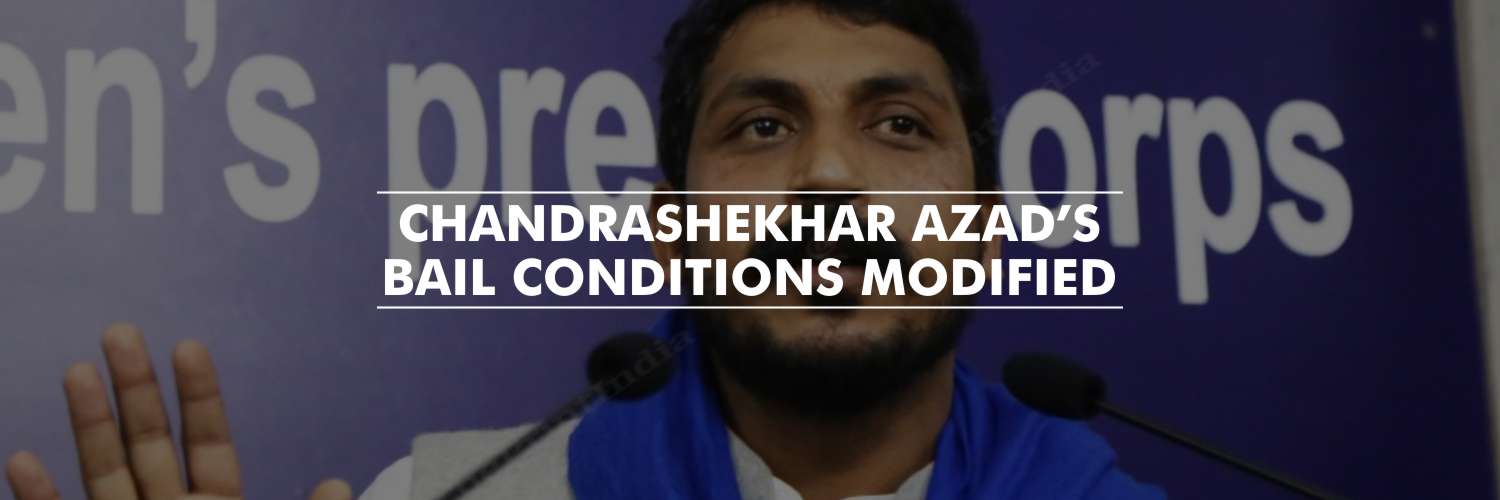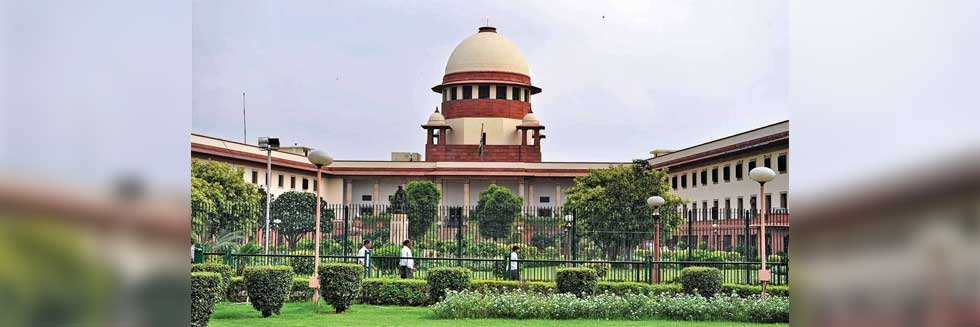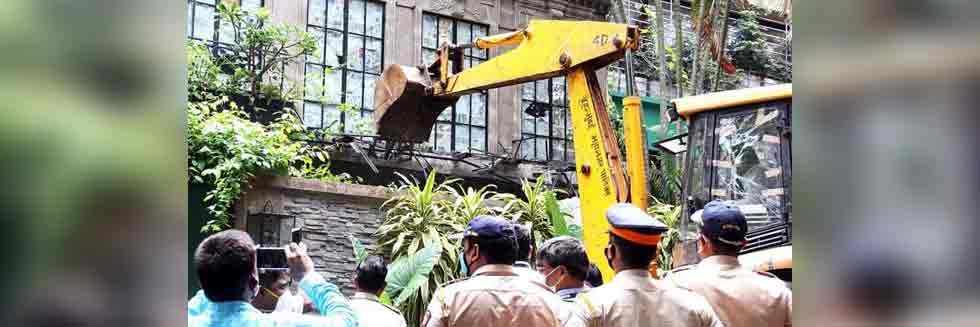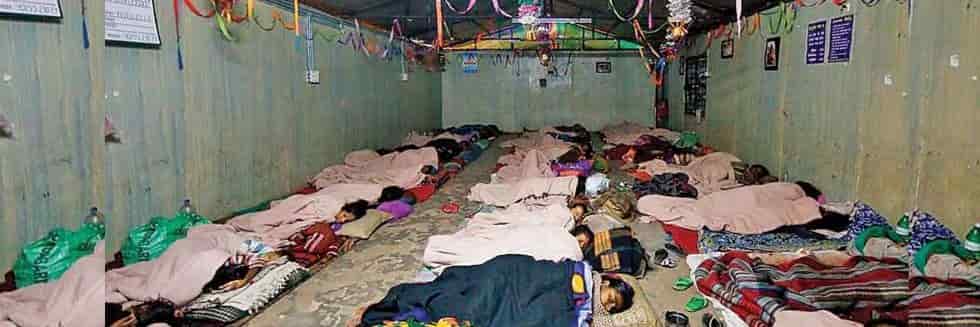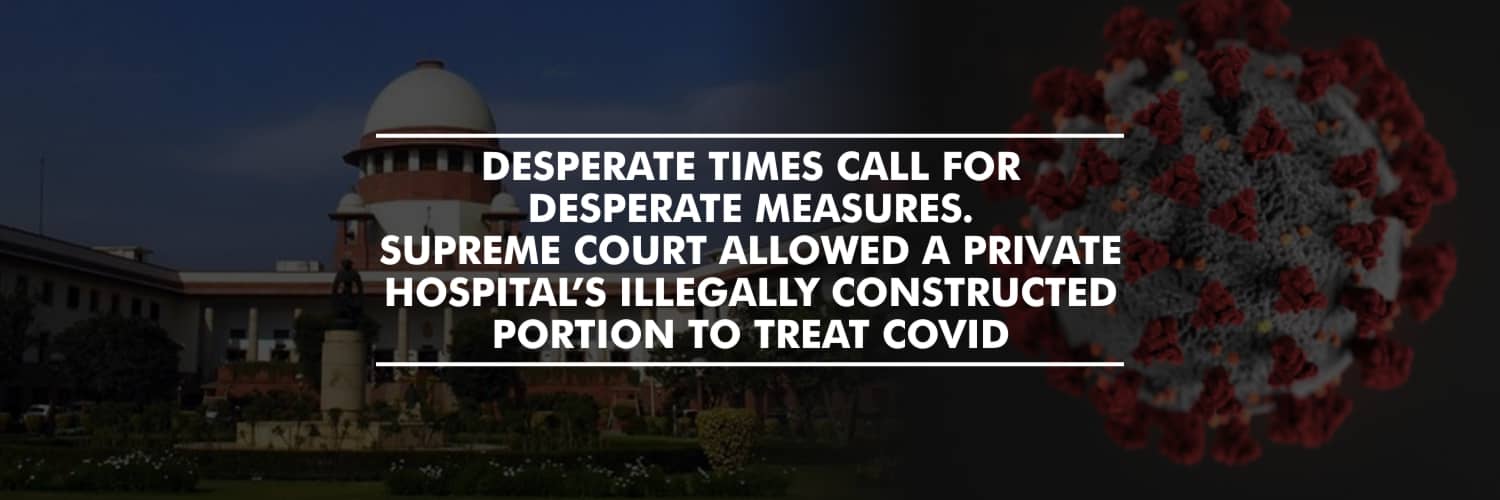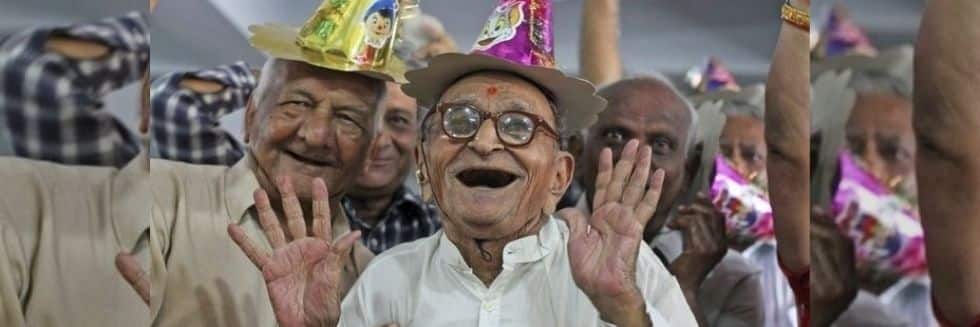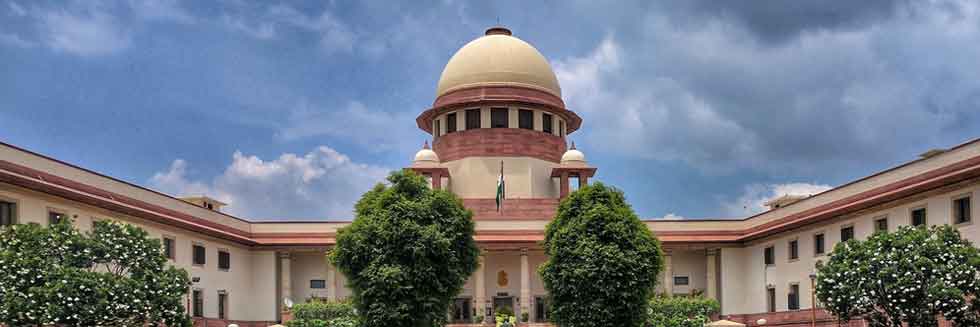On 21 January, a Delhi court has modified the bail conditions of the Bhim Army Chief Chandrashekhar Azad and allowed him to visit Delhi for medical and election purposes. The court further told Azad to inform the DCP (Crime) about his visit and to give his day’s schedule.
The bench headed by Additional Sessions Judge Kamini Lau had earlier granted Azad’s bail on the condition that he should return to Saharanpur, Uttar Pradesh and not participate in any protest for the next one month, stating that she does not want any trouble in Delhi during the elections. She also directed him not to hold any dharna till the elections in the capital city.
Subsequently, on 18 January, Azad filed an application contending that he was not a criminal and imposing such conditions were wrong and undemocratic. He further stated that he has a local residence in Delhi and being an activist, such restrictions imposed on him, affects his fundamental rights.
Further, on 21 January, judge Lau noted that the prosecution had failed to produce any evidence that suggested Azad had indulged in anything that is against law and order or national security. She stated that it is fair to allow him to participate in the elections.
“In a democracy when the election is the biggest celebration, which should have maximum participation, it is fair that he should be allowed to participate,” she asserted. Further, the court directed him to stay only at the address given to the court whenever he is in Delhi.
The court also observed that most of the offenses in the FIR against Azad are bailable and no cogent material is present for proving the non-bailable offenses.
Azad was detained from Jama Masjid and accused of inciting violence during the protest against the Citizenship Amendment Act, 2019. He was booked under Sections 147 (punishment for rioting), 148 (rioting, armed with a deadly weapon), 149 (unlawful assembly), 186 (obstructing public servant in discharge of public), 120B (criminal conspiracy) and other relevant sections of the Indian Penal Code.
